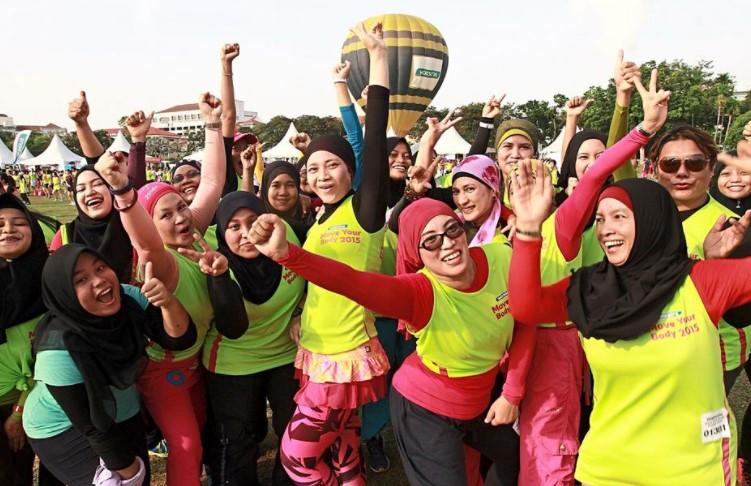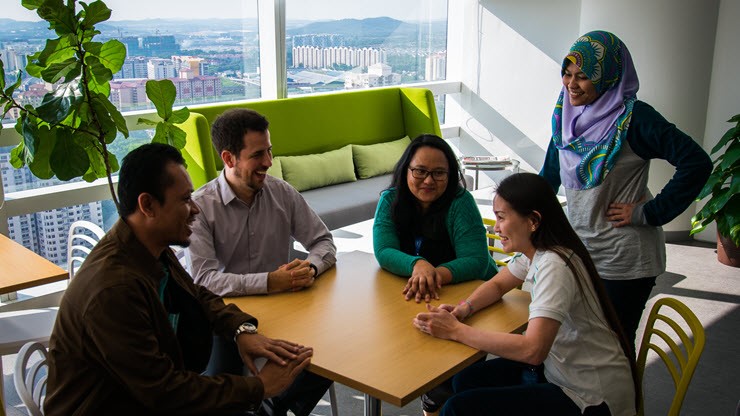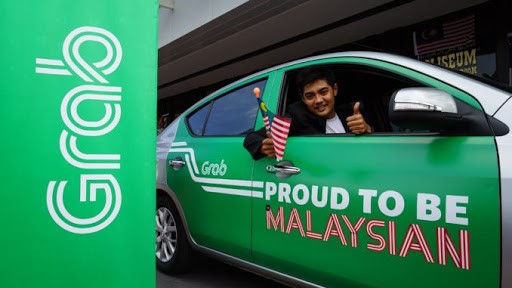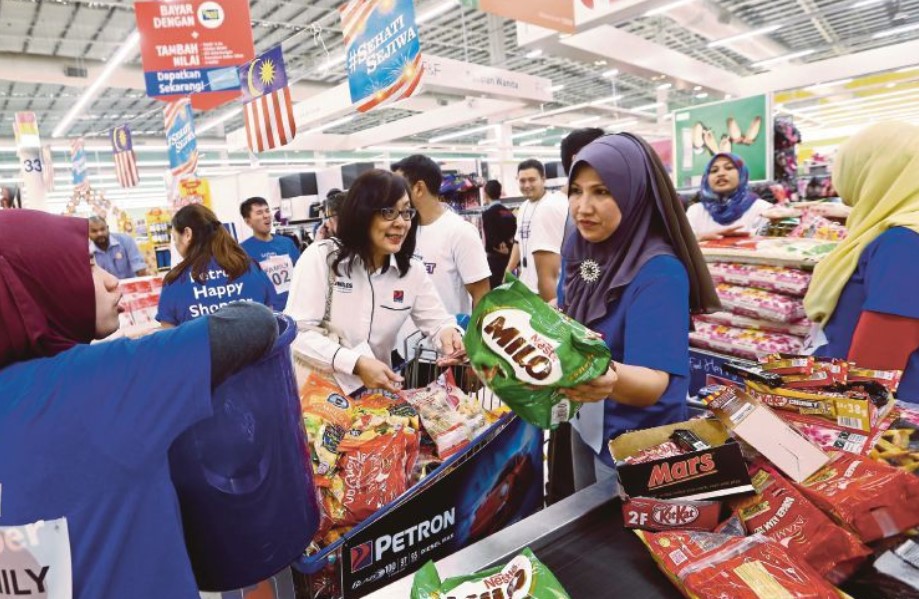
Malaysia is a multicultural society, with large Malay, Chinese and Indian populations. In recent times, Malaysia’s diverse landscape has become more Westernised and cosmopolitan following the huge expansion of its tourist industry and arrival of international expats. So what trends are emerging as a result?
As part of our ongoing Illume Guide featured blog posts, we interviewed our Malaysian Guide Clara to help us understand more about Malaysian consumer culture and attitudes towards emerging health trends.
Hi Clara! Tell us about yourself –what do you do and what are you passionate about?
Hello! I’m a copywriter based in Bandar Sunway, Malaysia. I love traveling, writing, photography and dancing. I am also passionate about leading a healthy lifestyle. I started my blog in 2018 where I create content about personal finance and travel. I want to encourage people to travel while still being financially responsible.
Tell me about Malaysian culture
Malaysians are laid back, family-oriented and modest. Locals are very friendly to other nationalities and love to show off the beauty of our country. With English being our main language, we find it easy to communicate with people from other countries. Different races live happily together with little conflict. We respect and celebrate different cultures and religions.
That said Malaysians are fairly reserved and moderate. We cherish our close relationships but public affection is not encouraged, especially kissing on public transport like trains and buses. We are also modest in our attire, body language and demeanour. For example, most Malay Muslims wear the hijab and modest clothes to cover their whole body. Whereas in Indonesia, our neighbouring country, Muslim ladies are more relaxed in showing skin and have no problem sharing a motorbike ride with a Gojek driver.
In the workplace, some Malaysians are hesitant to say what they really think. I’ve noticed these social expectations are shifting in the younger generation as they are more accustomed to the direct communication style online. Nevertheless, it remains very important to maintain a gentle and respectful demeanour in Malaysia.
Our working culture is less stressful compared to other Asian countries like Singapore or Japan. Also, we are more relaxed with rules. Unlike in Singapore where everyone follows the rules strictly, people in Malaysia are more lenient. For example, we might cross the road at a red light if the road is empty. However, we are always respectful. An unspoken rule in the workplace is that you don’t bring non-halal food to avoid offending Muslim colleagues.
Food is a very important part of our culture and brings people from different backgrounds together. Even at midnight people will be eating! Restaurants open for long hours (especially Mamak, an Indian eatery) and we are willing to travel far to get good food. Once, my family and I travelled for two hours to get seafood in Kuala Selangor.
Can you tell me about any lifestyle shifts in Malaysia recently?
There is an increase in e-hailing users. Now, a lot of people are using Grab – a smartphone-based e-hailing platform where you can book a personal taxi ride (similar to Uber). Grab started in Malaysia as MyTeksi, aimed to revamp the transport industry. With this app, Millennials nowadays don’t want to buy cars anymore. The number of expats living here makes this app even more popular.
Another big trend is health. Like other countries, Malaysians are becoming more health conscious, especially with what they eat. The poke bowl is becoming a very popular meal. There is also an interest in balanced meals. Many restaurants offer healthy set meals (protein, vegetables and brown rice/quinoa). Malaysia is known to have a high rate of diabetes so now people are making a real effort to live healthier.
How would you describe Malaysian consumers?
Malaysian consumers care about customer service. If a product is not good and the customer service doesn’t offer a solution, we will contact the brand or complain to our friends on social media. We care about high quality over brands.
Being modest natured, people don’t tend to show off their wealth from head to toe. Unless you go to high-end shopping malls or are celebrating a special occasion. Wealthy people might dress in casual clothing but have a branded watch, designer handbag or expensive car.
With the rise of a healthy lifestyle and outdoor activities, the one-stop sports store is also on the rise. Take Decathlon and Sports Direct for example. They both offer great quality sports and outdoor products at affordable prices – especially Decathlon.
What consumer behaviour trends have you noticed?
Though quite price-sensitive, Malaysian consumers are more concerned about quality and are willing to pay more for the product. Price doesn’t have as much influence on purchasing behaviour here as it did before. For example, a cup of bubble tea can get you one or two meals, but all income levels buy it.
Malaysian consumers are increasingly going online to shop. Most are attracted to online shopping due to convenience, great discounts, fast delivery and availability of products. Following Singles’ Day 11.11 shopping festival trend, there are a lot of online shopping sales like 9.9, 10.10 and so on (basically, every month there will be a big sale).
How would you describe people’s attitudes to health?
Health is becoming more important to everyone. Malaysia has high rates of diabetes and the government wants to tackle this problem. Luckily, there’s a lot of parks across the country where people can jog and exercise for free. Badminton, football, yoga and swimming are all popular too. There are also many fitness events happening all year round such as marathons, Zumba parties, Spartan races and the Viper challenge.
Mental health is also becoming more important. We have hotlines for people who are abused or experiencing mental health problems so they can seek help. For some people, they resort to yoga, meditation and even energy healing (it’s still a niche method though). Energy healing is a holistic practice that activates the body’s subtle energy systems to remove blocks allowing the body and mind to heal itself.
What advice would you give to an international health brand who wants to be successful in Malaysia?
First, get a halal certificate. There is a big Muslim community here and they really value this. Secondly, build a good social media profile and make sure the customer service quality is great. Finally, promote products and services through local communities. For example, open a booth in the gym, yoga studio or a place that fits with the product. Malaysian consumers like to see the products themselves. When people see the promotion and like it, they will tell others and word will spread quickly.




